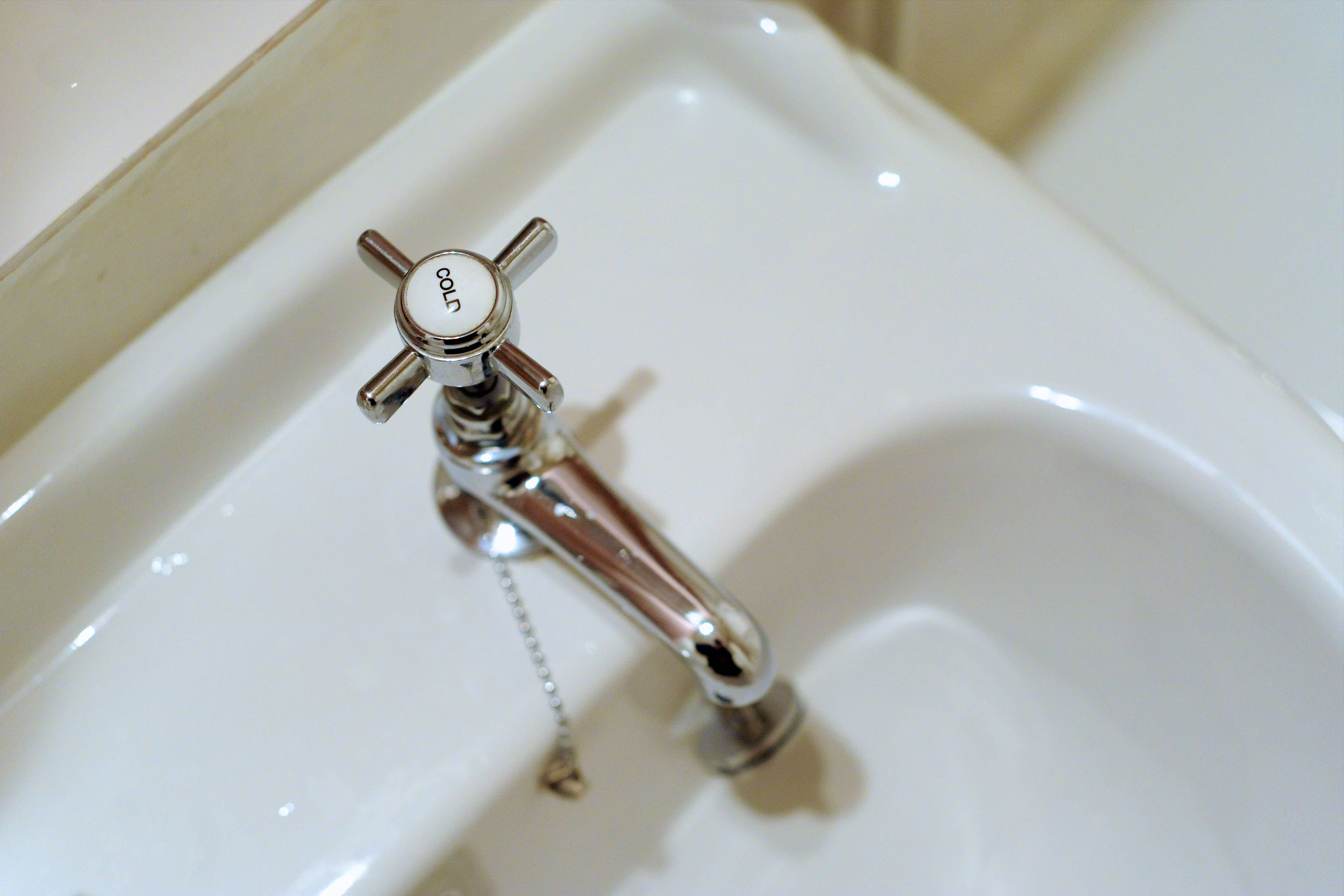Homes stuck with tadpoles in their ‘Dickensian’ water supply, Government told
MPs have pressed the Government about drinking water supplies.

Your support helps us to tell the story
From reproductive rights to climate change to Big Tech, The Independent is on the ground when the story is developing. Whether it's investigating the financials of Elon Musk's pro-Trump PAC or producing our latest documentary, 'The A Word', which shines a light on the American women fighting for reproductive rights, we know how important it is to parse out the facts from the messaging.
At such a critical moment in US history, we need reporters on the ground. Your donation allows us to keep sending journalists to speak to both sides of the story.
The Independent is trusted by Americans across the entire political spectrum. And unlike many other quality news outlets, we choose not to lock Americans out of our reporting and analysis with paywalls. We believe quality journalism should be available to everyone, paid for by those who can afford it.
Your support makes all the difference.Homes which are not connected to the water mains have found tadpoles in their “Dickensian” drinking water supply, ministers have been told.
Conservative former minister Sir Simon Clarke told the Commons that nine homes in his Middlesbrough South and East Cleveland constituency were stuck without a mains connection because of the prohibitive costs of even getting a quote for the work needed.
As MPs pressed the Government about drinking water supplies, environment minister Rebecca Pow made the claim that “a lot of people have wells on their properties”.
Sir Simon told the Commons: “The nine homes of Aysdalegate near Charltons don’t have access to mains water.
Residents report to me finding tadpoles and other life in their drinking water. This is a Dickensian scandal in 2023
“Over the last decade, Redcar and Cleveland council performed drinking water checks nine times and on all occasions supplies have been judged unsatisfactory owing to bacterial contamination including E.coli and enterococci.
“A regulation 18 notice which specifies that the water requires boiling before drinking has been in place permanently since December 2017 and indeed residents report to me finding tadpoles and other life in their drinking water.
“This is a Dickensian scandal in 2023, but Northumbrian Water have advised it will cost what are low-income homes over £100 each simply to give them a quote for mains water connection.
“This is obviously unacceptable. Will the minister agree to meet with me urgently so that we can discuss how to help my constituents?”
Ms Pow replied: “I am obviously sorry to hear about this issue and he has already brought it to my attention, but our legislation does allow that those on a private supply can request a connection to the mains supply.
“But it is right that the legislation allows the water company to charge for the cost of making a new connection because otherwise it would impact on all customers’ bills.
“Your local authority can obviously give advice and I would urge him to keep contacting them, but if there is anything extra that we can meet about to discuss usefully then I am happy to do that.”
Jim Shannon, the DUP MP for Strangford, pressed the minister further on the support people on a private water connection could get.
He said: “I am of a generation Mr Speaker, like yourself, that can well remember when water came from the wells and the water was pure, and it was clean.
“But times have moved on and we have realised on many occasions that perhaps that is not available to everyone.”
He added: “Has there been any discussions to ensure there is grant available for those people who need to go onto mains water and make sure their water is pure, as it was many years ago, but isn’t always today?”
I think a lot of people have wells on their properties
Ms Pow replied: “I thank him for that. I too have a well, but actually it doesn’t supply our drinking water.
“I think a lot of people have wells on their properties.”
After laughter and murmurs from MPs, she continued: “However, it is a matter for the Northern Ireland administration – or locally in their roads or wherever – but actually here the drinking water inspector has commissioned research into the impact of future private water supplies and the whole regulating model and the legislative framework.”